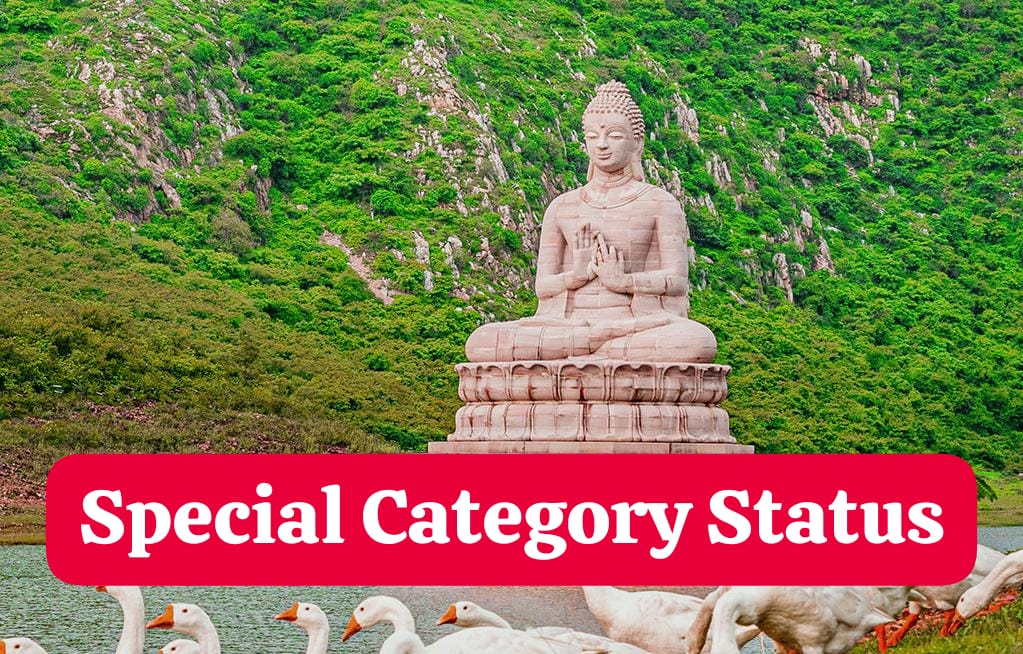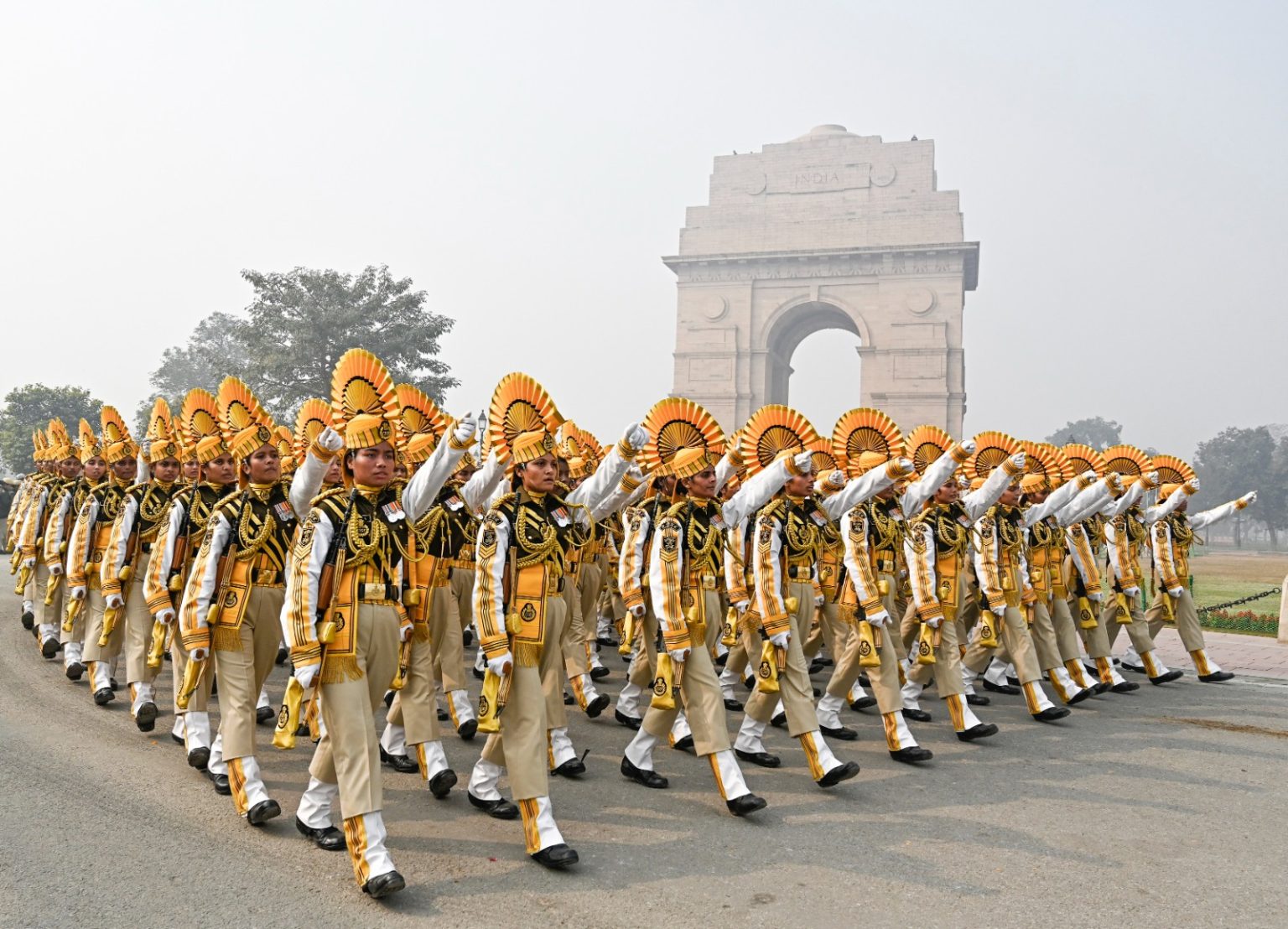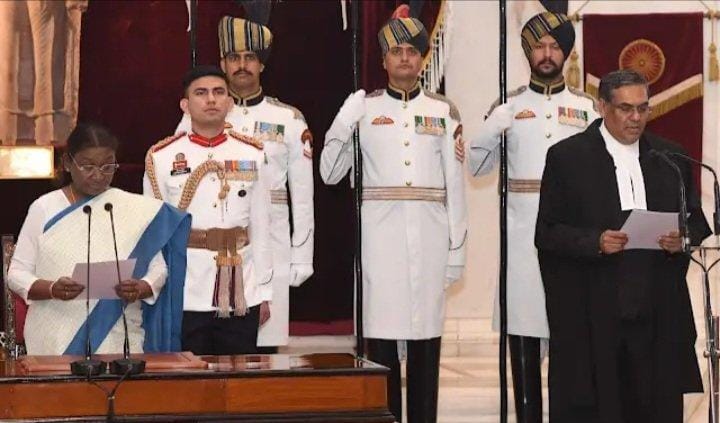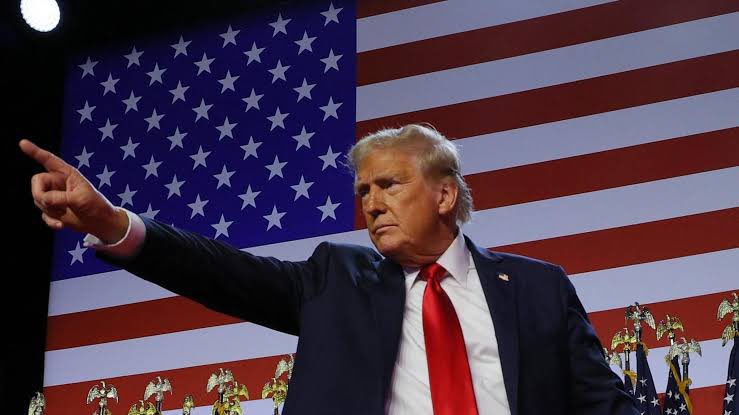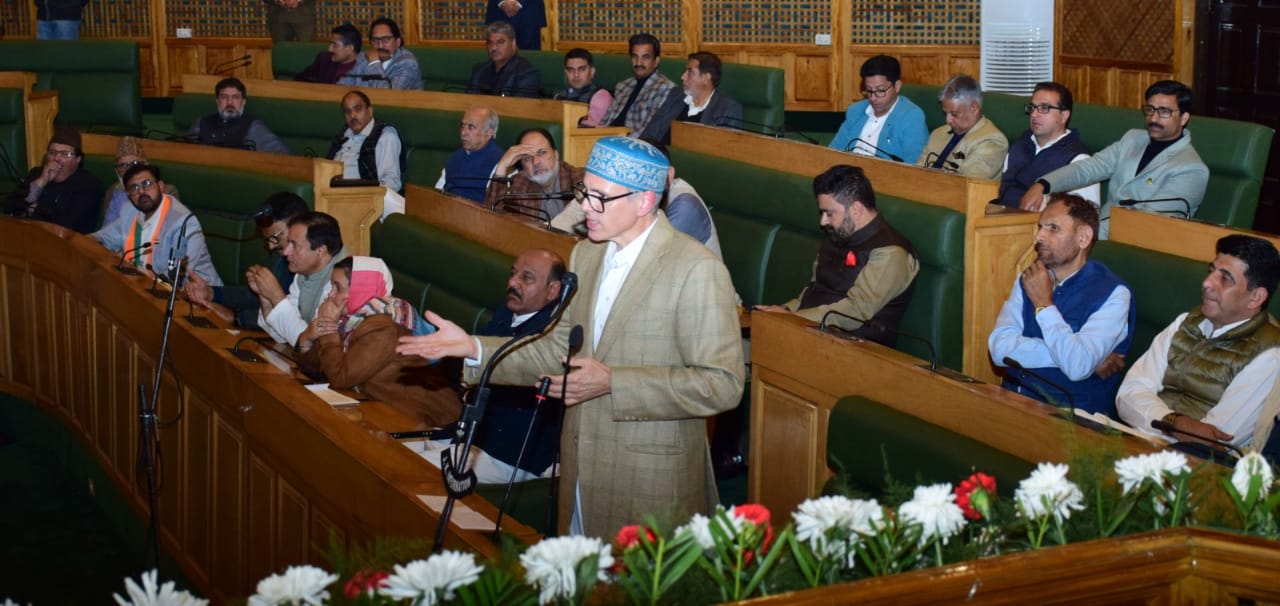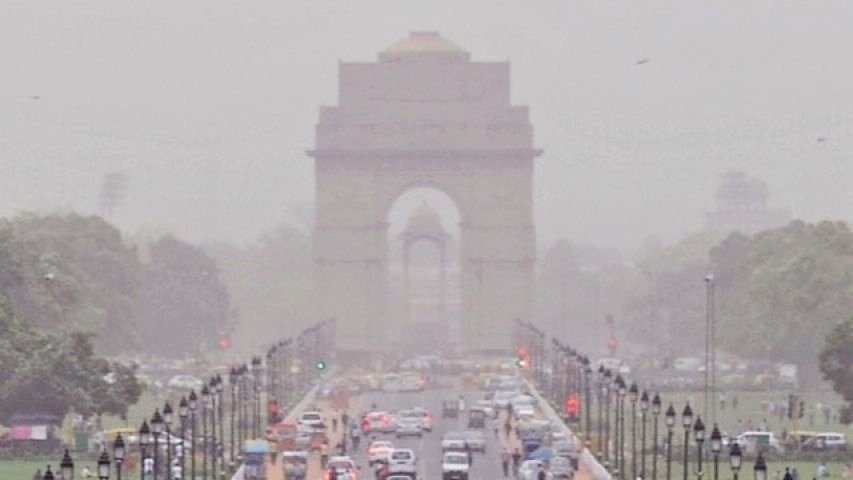The National Democratic Alliance (NDA) government allies at the Centre, the Janta Dal United (JDU) and the Telugu Desham Party (TDP) had been consistently demanding the special category status for their states Bihar and Andhra Pradesh respectively since the formation of the new government. However, the Central Government declined their requests to grand the status. Instead, it provided special packages to these states in the Budget 2024. But the entire episode has attracted the attention of the nation and brought the special category status onto discussion forums.
About Special Category Status (SCS)
- The Special Category Status (SCS) was introduced by the central government in 1969 on the suggestions of the 5th Finance Commission. The primary goal behind introducing this special classification was to support the development of backward states which encounter difficulties due to their special geographical and socio-economic conditions.
- The Centre implemented the recommendation of the Finance Commission while considering the states with a major portion of uneven or hilly terrains. The government also considered the conditions of states which share strategically critical international borders.
- Many states in India have difficult terrains that have created hurdles in their development. Moreover, many other states share borders with neighbouring countries, particularly in the North and Northeast regions. Consequently, they face special challenges and need special assistance from the Centre. Therefore, they demand for the SCS.
What are the criteria to qualify for the Special Category Status?
- The states demanding SCS need to fulfil certain criteria. The Centre examines their eligibility based on how they meet the requirements, which are:
- They must have uneven or hilly terrain.
- They must have low population density and/or a sizeable tribal population.
- They must be in a strategic position while sharing strategic borders with neighbouring countries.
- They must have an underdeveloped economy and infrastructure.
- Their per capita income must be low.
- Their finances must be non-viable in nature.
What benefits do states get under the Special Category Status?
- The Central Government provides 90% of the funds for all centrally-sponsored schemes to the SCS states. The remaining 10% of the funds are arranged by the concerned state government. However, the Centre can also provide an interest-free loan. The general category states receive 60% to 75% of the funds for such schemes.
- The SCS states can carry forward the unspent funds from one financial year to the next as they don’t expire.
- The SCS states also get significant concessions on various taxes, including excise taxes, customs duties, income tax, and corporation tax. These concessions enable states to attract investment and fuel economic growth.
- The Centre allocates 30% of the total federal budget to SCS states.
States with Special Category Status
- After the implementation, the Central Government first accorded the SCS to Jammu and Kashmir, Assam, and Nagaland in 1969 while considering their special conditions.
- Till today, eleven states have been accorded the SCS. Apart from Assam and Nagaland, other states include Manipur, Meghalaya, Sikkim, Tripura, Arunachal Pradesh, Mizoram, Himachal Pradesh, Uttarakhand, and Telangana.
- Telangana is the latest entry into the club of SCS holders.
- The special category status of Jammu and Kashmir was withdrawn in 2019 when Article 370 was revoked. The J&K had the Special Status which is different from the SCS. While the Special Status provides enhanced legislative and political rights, the SCS primarily deals with financial assistance and economic development of a state.
What are the concerns in providing the Special Category Status?
- Increased Financial Pressure on the Central Government: Additional financial assistance to the SCS states will increase the financial burden on the Central Government. Moreover, the disparities in grant allocation will result in dissatisfaction among general category states.
- Increased Reliance on Central Assistance: The dependency of SCS states on central funds rises. Economically challenging times, such as the pandemic, may affect their progress and ongoing projects.
- Implementation Issues: The funds are ultimately used by the state governments. Thus, their efficiency and administrative prowess become a decisive factor in how they will reap the benefits of assistance. A robust administrative ecosystem is necessary for the proper utilisation of funds.
- Encourage Demands: Giving SCS to one state can encourage other states to ask for this status. This will have a significant impact on central finance and budget.
Special Package for Bihar and Andhra Pradesh
- Though the Central Government denied SCS to Bihar and Andhra Pradesh, it provided a special financial package to them in the recently announced Budget 2024.
- The Central Government announced a total of Rs. 58,900 crore package for Bihar. The government allocated Rs. 26,000 crore to improve rural road infrastructure and boost connectivity. Rs. 21,400 crore has been sanctioned for the upcoming 2,400 MW Pirpainti thermal power plant in Bhagalpur. And, Rs. 11,500 crore has been given to boost the flood control system in the state. The government has plans to develop new airports, medical colleges, tourist circuits, and sports infrastructure in the state.
- Andhra Pradesh has been given an estimated Rs. 65,000 crore for various projects, including Rs. 15,000 crore for the Amravati capital development project. Additionally, the government has allocated Rs. 10,000 crore for the completion of the Polavaram power-cum-irrigation project, Rs. 12,000 crores for housing development under PM Awas Yojana, Rs. 4,000 crores for the development of backward regions, Rs. 3,500 crores for renewable energy projects, Rs. 2,500 crores for new medical colleges and other educational institutions, and Rs. 2,000 crores for safe drinking water under the Jal Jeevan Mission.
- The special packages are expected to boost the economy of the state while making them attractive destinations for investors. This will also result in a surge in direct and indirect employment opportunities, bringing prosperity. Most importantly, the assistance will help them fulfil the needs for which they were asking for the SCS.
- Apart from these two states, Odisha has also been demanding SCS for some time. It primarily highlights its vulnerability to natural calamities, particularly cyclones, and a large tribal population, which accounts for 22% of the total population of the state.

